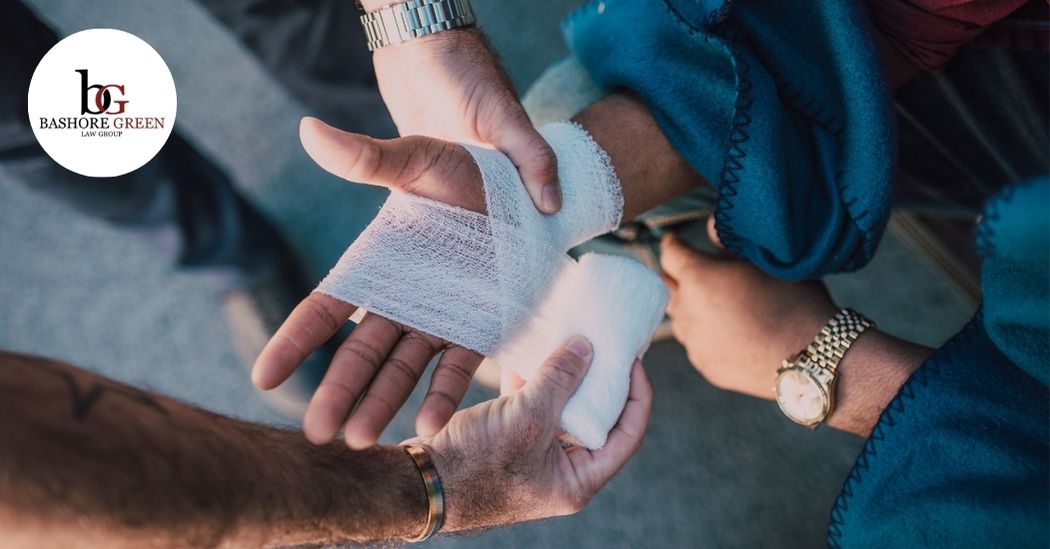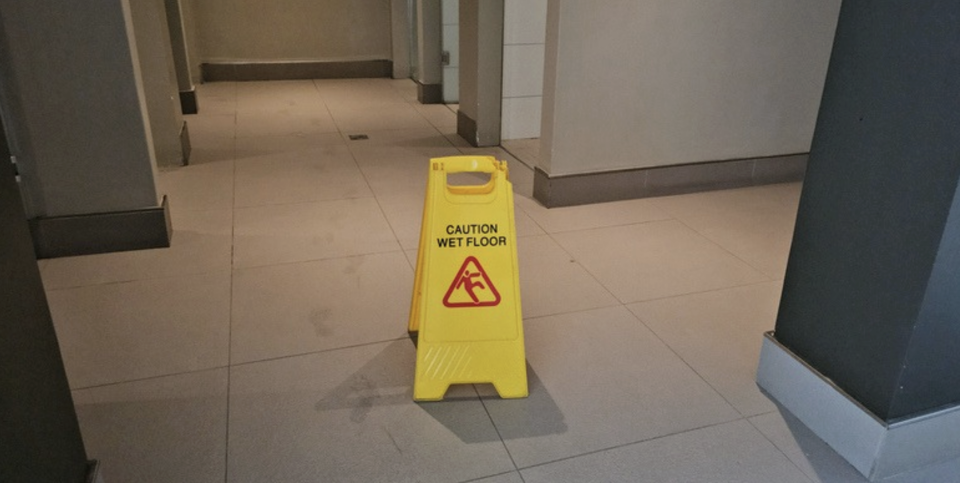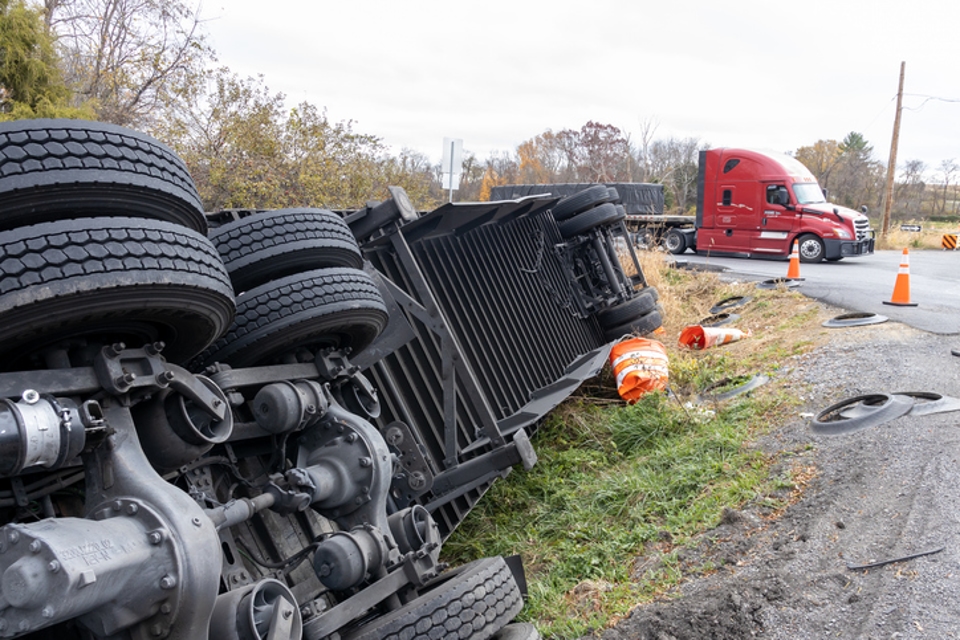When it comes to understanding the worth of a personal injury case, both legal and financial perspectives play a crucial role. Legal professionals assess the value of a case by considering the extent of the injuries, the impact on the victim's life, and the potential for future damages. They look at the case through the lens of legal precedents and the likelihood of success in court. On the other hand, financial analysts focus on quantifying the economic impact of the injuries. This includes calculating lost wages, medical expenses, and other financial losses incurred by the victim. By combining these perspectives, a more accurate valuation can be achieved, ensuring that all aspects of the victim's losses are considered.
Types of Compensation: Economic vs. Non-Economic Damages
In personal injury cases, compensation is generally divided into two categories: economic and non-economic damages. Economic damages are tangible losses that can be easily quantified, such as medical bills, lost wages, and property damage. These damages are straightforward to calculate and are often supported by documentation like bills and pay stubs. Non-economic damages, however, are more subjective and include compensation for pain and suffering, emotional distress, and loss of enjoyment of life. These damages are more challenging to quantify but are equally important in ensuring that victims are fully compensated for their injuries.
The impact of each type of damage on overall compensation can be significant. Economic damages provide a foundation for the compensation claim, offering a clear picture of the financial losses incurred. Non-economic damages, while harder to quantify, often represent a substantial portion of the compensation, especially in cases involving severe injuries or long-term impacts. Understanding the distinction between these types of damages is crucial for anyone involved in a personal injury case, as it helps in setting realistic expectations and preparing a comprehensive compensation claim.
The Role of Liability in Determining Case Value
Liability is a key factor in determining the value of a personal injury case. Establishing who is at fault for the injuries is essential, as it directly impacts the potential compensation. In cases where liability is clear, such as in a rear-end car accident, the process of claiming compensation is often more straightforward. However, in cases where liability is disputed, the process can become more complex, requiring thorough investigation and evidence gathering. Factors such as negligence, intent, and contributory negligence can all influence liability, affecting the overall value of the case.
Understanding the nuances of liability is crucial for anyone involved in a personal injury case. It can significantly impact the strategy for pursuing compensation and the potential outcomes. Legal professionals play a vital role in establishing liability, using their expertise to gather evidence and build a strong case. By clearly demonstrating liability, they can enhance the chances of a successful compensation claim, ensuring that victims receive the compensation they deserve for their injuries.
Key Factors Influencing Case Value
Severity of Injuries and Long-Term Impact
The severity of injuries sustained in a personal injury case is one of the most significant factors influencing the value of the case. Severe injuries that result in long-term or permanent disabilities often lead to higher compensation due to the extensive medical treatment required and the impact on the victim's quality of life. Additionally, the long-term impact of these injuries, such as the need for ongoing medical care or rehabilitation, can further increase the compensation amount. It's essential to consider not only the immediate medical expenses but also the potential future costs associated with the injuries.
Victims with severe injuries often face challenges in their daily lives, including the inability to work or perform routine tasks. This loss of earning capacity and the need for assistance in daily activities can significantly increase the value of the case. Legal professionals must thoroughly document these impacts to ensure that victims receive fair compensation.
Insurance Policy Limits and Coverage
Insurance policy limits and coverage play a crucial role in determining the potential compensation in a personal injury case. Each insurance policy has a maximum payout limit, which can cap the amount of compensation a victim can receive. In cases where the damages exceed the policy limits, victims may need to explore other avenues for compensation, such as filing a lawsuit against the at-fault party. Understanding the insurance coverage available is essential for setting realistic expectations and developing a strategy for pursuing compensation.
In addition to policy limits, the presence of uninsured or underinsured motorist coverage can also impact the case value. This type of coverage provides additional protection for victims when the at-fault party lacks sufficient insurance. Legal professionals can help navigate the complexities of insurance claims, ensuring that victims maximize their compensation by exploring all available coverage options.
Jurisdiction and Legal Precedents
The jurisdiction in which a personal injury case is filed can significantly impact its valuation. Different jurisdictions have varying laws and compensation trends, which can influence the outcome of a case. For instance, some jurisdictions may have caps on non-economic damages, limiting the amount of compensation a victim can receive for pain and suffering. Additionally, legal precedents set by previous cases in the same jurisdiction can guide the valuation process, providing a benchmark for potential compensation.
Understanding the legal landscape of the jurisdiction is crucial for anyone involved in a personal injury case. Legal professionals with experience in the local area can provide valuable insights into how cases are typically valued and what factors may influence the outcome.
The Process of Valuing a Case
Gathering and Analyzing Evidence
The process of valuing a personal injury case begins with gathering and analyzing evidence to support the compensation claim. This includes collecting medical records, accident reports, witness statements, and any other documentation that can substantiate the victim's injuries and losses. Expert witnesses, such as medical professionals or accident reconstruction specialists, can also play a crucial role in strengthening a case by providing expert testimony on the extent of the injuries and the circumstances of the accident.
Thorough evidence-gathering is essential for building a strong case and maximizing compensation. Legal professionals can assist in this process, ensuring that all relevant evidence is collected and presented effectively. By meticulously analyzing the evidence, victims can build a compelling case that clearly demonstrates the impact of the injuries and the need for compensation. This comprehensive approach is vital for achieving a successful outcome and securing the financial support needed for recovery.
Negotiation and Settlement Strategies
Negotiation and settlement strategies are critical components of the case valuation process. Effective negotiation techniques can significantly impact the compensation amount, allowing victims to secure a fair settlement without the need for a lengthy court battle. Legal professionals with experience in negotiation can provide valuable insights into the best strategies for maximizing compensation, whether through direct negotiation with insurance companies or mediation.
While settling out of court can offer a quicker resolution, it's essential to weigh the pros and cons of this approach. In some cases, going to trial may result in a higher compensation amount, but it also involves more time and uncertainty. Legal professionals can help victims navigate these decisions, providing guidance on the best course of action based on the specifics of the case. By understanding the negotiation and settlement process, victims can make informed decisions that align with their goals and maximize their compensation.
Legal Representation Matters
Having skilled legal representation is crucial in the process of valuing a personal injury case. Attorneys bring expertise and experience to the table, helping victims navigate the complexities of the legal system and advocating for their rights. From gathering evidence to negotiating settlements, legal professionals play a vital role in influencing the outcome of a case.
Legal representation also provides victims with peace of mind, knowing that their case is in capable hands. Attorneys can handle the legal aspects of the case, allowing victims to focus on their recovery. By leveraging their expertise, legal professionals can enhance the credibility of a case and increase the chances of a successful outcome. For anyone involved in a personal injury case, having skilled legal representation is essential for maximizing compensation and achieving a fair resolution.
Common Challenges in Case Valuation
Disputes Over Liability and Damages
Disputes over liability and damages are common challenges in the case valuation process. These disputes can arise when the at-fault party denies responsibility for the accident or when there is disagreement over the extent of the damages.
Impact of Pre-Existing Conditions
Pre-existing medical conditions can complicate compensation claims, as they may be used by the at-fault party to argue that the injuries were not caused by the accident. Distinguishing new injuries from pre-existing conditions is crucial for securing fair compensation. Medical documentation plays a vital role in this process, providing evidence of the victim's health before and after the accident. Legal professionals can assist in gathering and presenting this documentation, ensuring that the impact of the accident is clearly demonstrated.
Delays and Legal Complications
Delays and legal complications can significantly impact the timeline and value of a personal injury case. These challenges can arise from various factors, such as disputes over liability, difficulty in gathering evidence, or procedural issues in the legal process. Delays can prolong the resolution of a case, causing additional stress for victims and potentially diminishing the value of the compensation.
Understanding the complexities of case valuation is essential for anyone involved in a personal injury case. By exploring the various factors that influence case value, such as the severity of injuries, insurance coverage, and legal precedents, victims can better prepare for the compensation process. Effective documentation, negotiation strategies, and legal representation play crucial roles in maximizing compensation and achieving a fair resolution.
Michigan Personal Injury Attorneys Can Help
If you're navigating a personal injury case in Pontiac, MI, Bashore Green Law Group is here to help. Our experienced legal professionals are dedicated to advocating for your rights, maximizing your case value, and ensuring that you receive the compensation you deserve. Let us guide you through the complexities of case valuation and help you secure the financial support you need for recovery.
Contact us today at (248) 487-1887 to learn more about our services and how we can assist you in your case.






